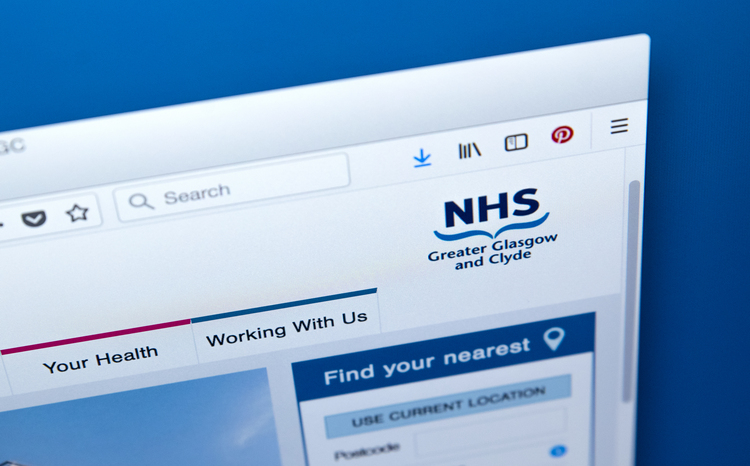Germany’s TMCC invests in telemedicine
- 20 October 2010
Alcatel-Lucent has announced that Charité Telemedicine Centre Universitätsmedizin Berlin (TMCC) is to invest in video conferencing and customer relationship management technology to deliver telemedicine services.
TMCC will deploy the Genesys Customer Interaction Management system and the Genesys video platform, both supplied by Alacatel-Lucent, to provide care for chronically care patients.
TMCC will use the systems to provide remote support for preclinical emergency care and home care for chronically ill patients taking part in several research projects supported by the German Federal Ministry of Education and Research.
TMCC is involved in several German research associations focused on telemedicine, in particular Alarm, Matrix and SmartSenior, focusing telemedicine conferencing connections and promoting the electronic transfer of information between practices, clinics and reference centres. The first phase of the project is due to go live in the middle of 2011.
Dr Martin Schultz, head of TMCC, said: “The combination of innovative contact centre technology and telemedicine will broaden the scope of future-oriented medical teletherapy.”
He added: “We are dealing with the health of patients so it is essential that we have a solution that offers us the reliability and image quality we need to accurately assess the situation."
TMCC’s Video Contact Center is designed to enhance communication between all parties involved in the delivery of medical care with the idea of giving physicians and other medical specialists the tools needed to enable them to administer first aid remotely via the Video Contact Center.
For example, paramedics in an ambulance can exchange vital information about the patient, such as EKG results, via live transmission from doctors as they make their way to the hospital, enabling medical personnel to be better prepared to care for the patient as soon as he or she enters the building.
The system can also enable on-ground medical personnel to supervise emergency medical procedures administered by trained aircraft cabin crew members while in flight.
The new communication capabilities will enhance the speed and scope of communication between doctors. For example, the Video Contact Center will make it possible for physicians to verify their own diagnoses and develop optimal treatment plans by submitting patient information and results to specialists for a second opinion.
The Video Contact Centre will also give TMCC the opportunity to pursue future business opportunities in order to cooperate with industry partners such as providing continuous vital sign monitoring via permanent sensors to ensure quality telemedicine patient care.
“Charité Telemedicine Centre is at the forefront of bringing innovative healthcare solutions to physicians and medical specialists”, said Andy Lendner, head of Alcatel-Lucent’s enterprise business in Germany. “Their new video contact center clearly illustrates the tremendous potential of communications to be a key enabler of better access to advanced healthcare."




